Distractions from cell phones have come under scrutiny as a new policy implemented and adopted by schools in Virginia, ordered by governor Glenn Youngkin, has come into place.
In accordance with Executive Order 33, a cell phone free environment in Virginia schools was signed on July 9 and goes into effect on January 1 of next year. In expectation of the state requirement, for the 2024-25 school year, FCPS took action to amend their previous cell phone policy, in an effort to help students engage in learning, improve their mental health and bring positive social behavior in the classroom.
“Students and adults create habits for themselves of grabbing their phone often in a short period of time,” assistant principal Zack Winfrey said. “We hope students create good habits without having a cell phone distraction.”
According to Stockton University, a classroom that limits technology access increases student engagement and active learning, as well as respecting the use of technology in class because a phone is a big distraction that takes away valuable time. According to a study done by Programme for International Student Assessment (PISA), two-thirds of U.S. students report being distracted by using digital devices.
“I think students are more engaged and less distracted in class, although some are still fighting about it,” social studies teacher Daniel Ashley said.
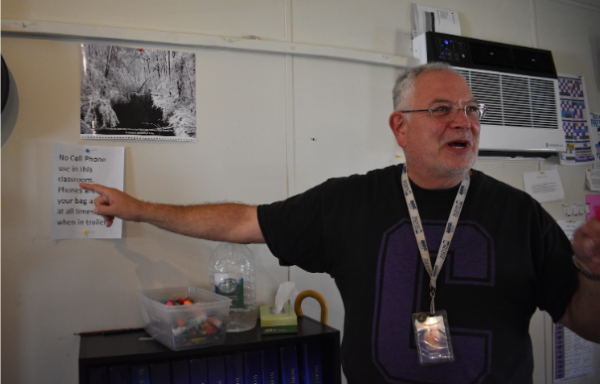
Cell phones may be used on campus before the first bell, after the last bell, during passing periods and lunches only. When the rule is broken, the first offense is a warning, the second carries a detention, the third leads to detention and a parent conference and the last offense earns detention and having to drop off phones each morning in the office for 20 days. Many phones have been confiscated and students have been disciplined this first quarter.
“We have had to confiscate many phones so far,” Winfrey said. “I think students are generally more worried about having their phone taken away, getting in trouble, having their parents pick up the phone and being disciplined.”
Students may also struggle with implementing this rule in this school year because of how new it is compared to previous years.
“I think students struggle with the phone policy because there used to be no rules or punishments to using phones in class,” sophomore Mustafa Hussainkhail said. “I personally have a hard time applying this policy.”
Avoiding the distractions of a cell phone can be difficult, but there are many ways to deal with them. Students can silence their phones, put them in their backpack and turn off their phones during the school day.
“Putting your phone completely away will minimize distractions, like getting a notification and wanting to check it,” Hussainkhail said.
Social media plays a big role in cell phone addiction. In a study done by the American Psychological Association (APA), children spend an average 4.8 hours a day on social media.
“A lot of our social media platforms are built to absorb and drain your time and also your mental state,” Winfrey said. “Fairfax County and the state of Virginia used a lot of these studies to make the decision around removing phones from schools. It’s the biggest reason we are doing this.”
CHS may also have to change the consequences that are currently being applied. Governor Youngkin’s Executive Order 33 will take effect in January and it may impact CHS’s current procedures as the school will have to be more tight on the consequences of having a cellphone out, as the order says that students cannot access their phones from the beginning of the school day to the end.
“We want everyone to try and work together, but no one’s perfect and the phones are built to be addicting, so we are trying to compromise and be patient as we all try to figure this out,” Winfrey said.


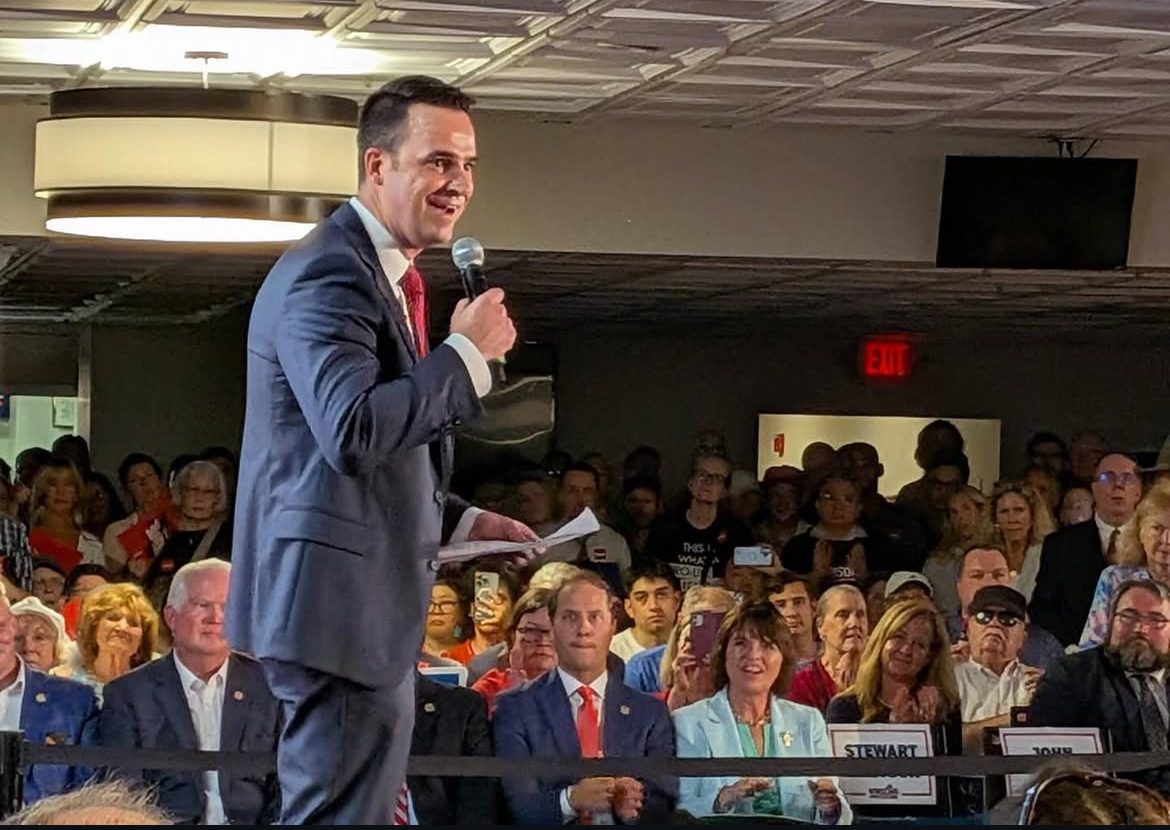
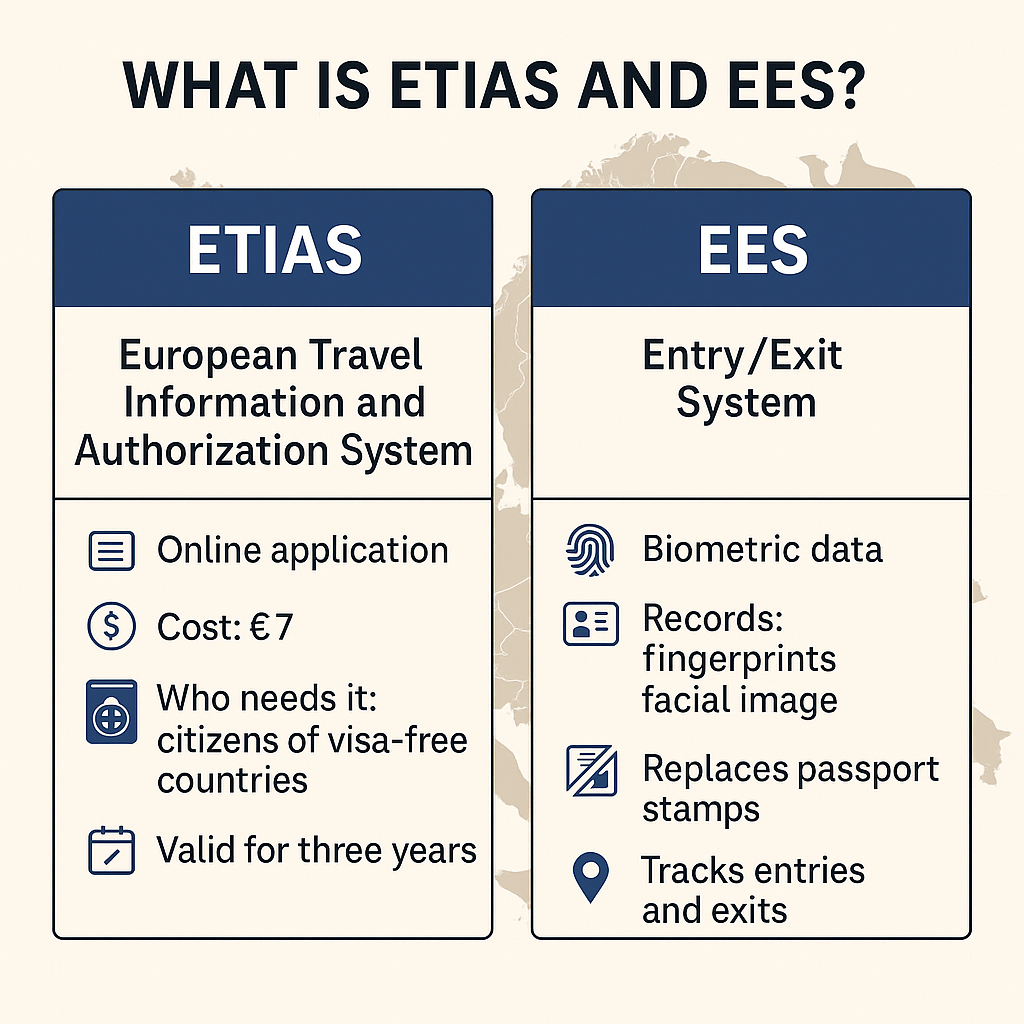

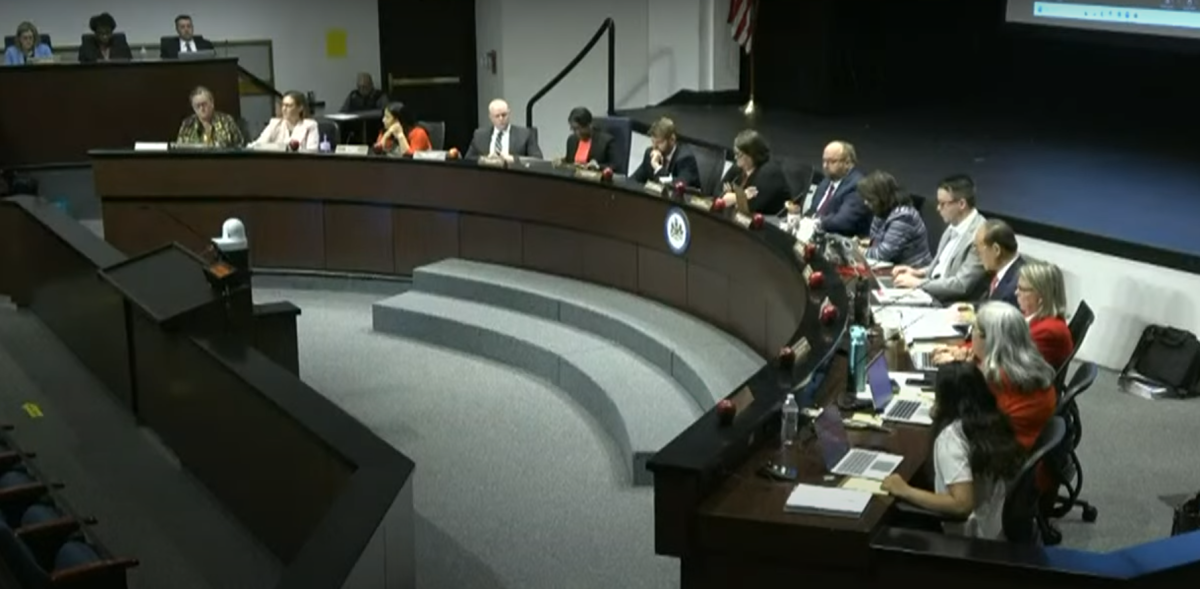
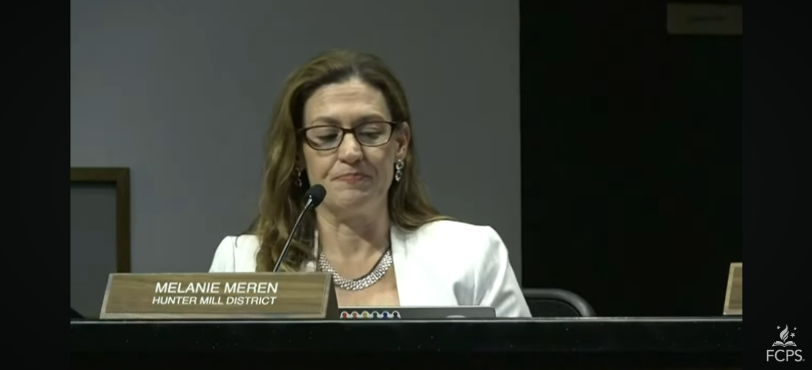
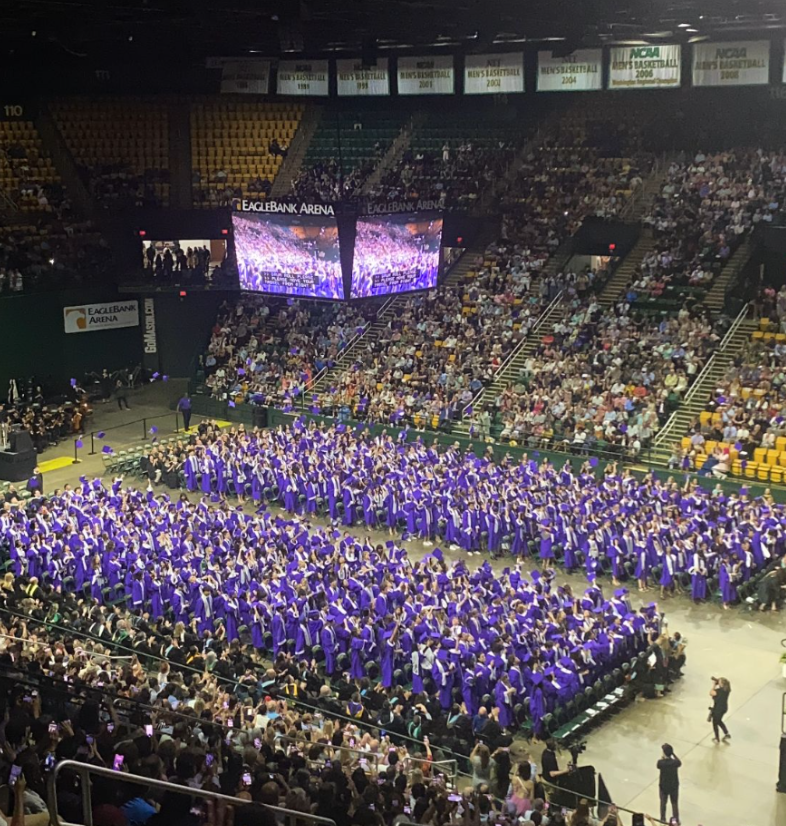

Brian Ng • Oct 25, 2024 at 10:49 am
It’s so sad so see my old high school go down the way of needless authoritarian policies like this. So disappointing!! This may have been at Youngkin’s direction, but on other things, Dr.Goodloe and the admin have ruined the school and has been focused more on closing bathrooms and getting students in trouble. The fact that I’ve heard complaints from many current students and those who graduated in 2024 shows the negative environment that has been created. I’m so glad I graduated in 2023.